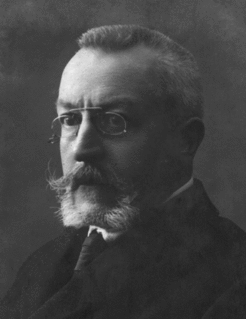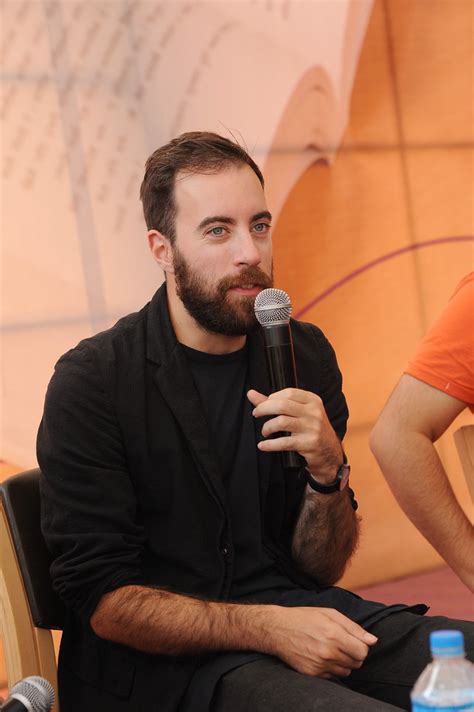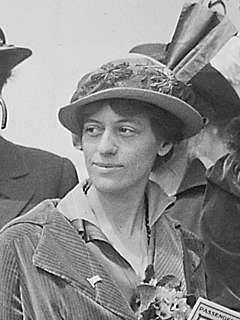A Quote by Henri Pirenne
There happened in the Middle Ages what has happened so often since then. Those who were the beneficiaries of the established order were bent on defending it, not so much, perhaps, because it guaranteed their interests, as because it seemed to them indispensable to the preservation of society.
Related Quotes
I think that was one of the things that happened, especially in Ireland, that you left in order to improve yourself, and you couldn't write home and tell people, 'Look, I'm really lonely,' because you'd realize how much those letters were going to matter, that you needed to put good news or uplifting news into them.
When women gain access to higher education and then suddenly start doing better at it than the men, that can really throw the prevailing social order out of balance. That's exactly what's happened in South Korea, which is a highly patriarchal society. They started educating women, and then they were no longer the women that society wants them to be. That caused a real cultural crisis.
If you look at what's happened to the stock market, if you look at what's happened to housing values, if you look at what's happened to bank loan portfolios because the value of their other assets that they've already issued loans against were going down, there was a pretty good argument for trying to pass something at about this level of investment with the divisions as they were - unemployment, food stamps, and tax cuts, aid to education and healthcare, and job creation.
Politicians often like to suggest that their policies come about through objective thinking, but if you look at British fascists, for example, what you see - what I see - is a group of people coming to the decisions they came to because something happened to them when they were nine-years-old, or because of some deep prejudice that formed in them subsequent to that.
One of the things that is nice about these old pastors - they were young at the time - who went into the Middle West is that they were real humanists. They were often linguists, for example, and the schools that they established were then, as they are now, real liberal arts colleges where people studied the humanities in a very broad sense. I think that should be reflected in his mind; appropriately, it is.
Both art and science are bent on the understanding of the forces that shape existence, and both call for a dedication to what is. Neither of them can tolerate capricious subjectivity because both are subject to their criteria of truth. Both require precision, order, and discipline because no comprehensible statement can be made without these. Both accept the sensory world as what the Middle Ages called signatura regrum, the signature of things, but in quite different ways.
I can't really speak to what it was like to call yourself a feminist in the past on a personal level but I think calling oneself a feminist in the past may have been inimical because feminists in the '70s were the first to really challenge deeply embedded gender roles and demand concrete political and economic rights. They were asking for rights that seemed like a direct threat to those in power - they were asking for equality in a society that didn't have it in an obvious way. They were put down and villainized because they were seen as threatening.
There were times . . . when it occurred to me that I was repeating my mother's life. Usually this thought struck me as funny. But if I happened to be tired, or if there were extra bills to pay and no money to pay them with, it seemed awful. I'd think 'This isn't the way our lives are supposed to be going.' Then I'd think 'Half the world has the same idea.
Diversity means, when the left teaches it, the people responsible for building America and maintaining it get the short end of the stick from now on. With this singular American culture that people came and wanted to be part of, they were proud, couldn't wait to become Americans, tears in their eyes when it happened. It was a special place. Defending it now, defending that America, defending our cultural, defending our founding, defending all of the things that made this country great is now called racism or xenophobia or hate.








































